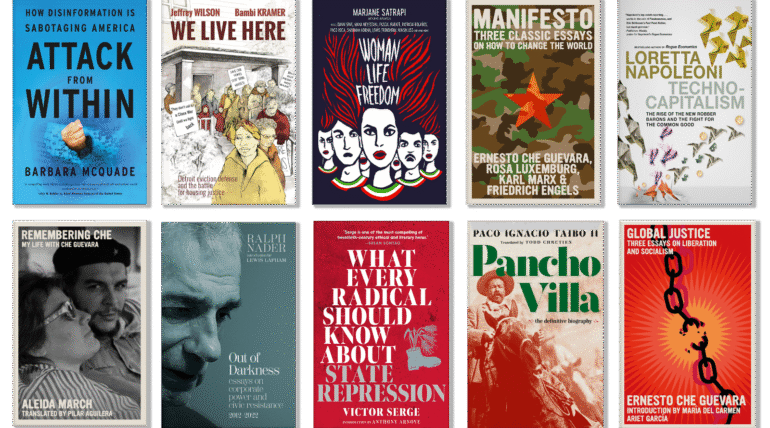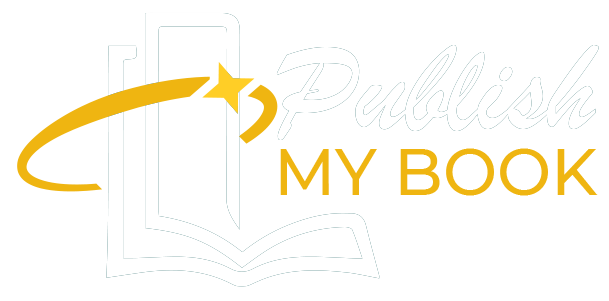
There is something magnetic about a book that tries to explain how power works, how societies are shaped, and how leaders rise and fall. Politics can sometimes feel distant, as if it only belongs in the news or in long debates, but the truth is that politics is woven into our everyday lives. From the rights we enjoy to the struggles we see around us, the decisions of leaders and the voices of people define our shared history. Books about politics do not just speak to scholars, they speak to anyone curious about how we got here and where we might go. They tell stories of bold thinkers, passionate movements, and turning points that still echo through time. When you pick up one of the best politics books of all time, you are not just flipping pages, you are stepping into the minds of philosophers, revolutionaries, and visionaries who challenged the way the world works.
These works remind us that power is not abstract, it is lived and felt, and it can be questioned or reshaped. Many of these books are timeless, which is why they remain just as relevant today as they were when they were first published. Whether you are a student eager to understand history, a writer working with book publishers, or someone who dreams to publish my book one day, reading political classics is both inspiring and grounding. With book illustration that brings ideas to life and modern formats like ebook publisher options or self publishing platforms, these works are more accessible than ever.
Best Politics Books of All Time: The Republic by Plato
No discussion of political thought can begin without mentioning Plato’s The Republic. Written thousands of years ago, this book still sparks debates today. Plato explores justice, governance, and the idea of the ideal state through conversations between Socrates and his students. What makes it powerful is its ability to ask questions we still wrestle with, such as what makes a society fair and who should lead it. Readers discover that even ancient minds were wrestling with issues of power and morality.
The Prince by Niccolò Machiavelli
Few titles stir as much curiosity as The Prince. Machiavelli’s exploration of leadership and power has been interpreted in countless ways. Some see it as a cynical guidebook for rulers, while others view it as a realistic look at politics as it truly is. Love it or question it, the book is unforgettable, and its lessons continue to resonate with anyone interested in authority and leadership.
Democracy in America by Alexis de Tocqueville
Traveling across the United States in the 1830s, Tocqueville studied the country’s democratic system with fresh eyes. His insights in Democracy in America still feel strikingly modern. He observed both the strengths and the flaws of democracy, and his reflections reveal just how fragile and remarkable this system can be. It is a book that captures the tension between freedom and equality and the role of ordinary citizens in shaping government.
The Communist Manifesto by Karl Marx and Friedrich Engels
Best politics books of all time: This slim volume has influenced more political debates than almost any other book. Written as a call to action, it analyzes class struggles and challenges readers to see society through the lens of economic conflict. Regardless of one’s personal beliefs, its role in history is undeniable. The energy and urgency of the text remind us of how written words can ignite entire movements.
Best Politics Books of All Time: On Liberty by John Stuart Mill
John Stuart Mill’s On Liberty is a passionate defense of individual freedom and free expression. In an age where questions of speech, rights, and limitations still dominate headlines, this work feels as fresh as ever. Mill argued that silencing opinion robs society of the chance to test and strengthen ideas. His words continue to encourage open dialogue in political and personal life.
The Origins of Totalitarianism by Hannah Arendt
Arendt’s examination of totalitarian regimes remains one of the most influential political works of the twentieth century. In The Origins of Totalitarianism, she traces how dangerous ideologies can grow into powerful systems that crush freedom. Her analysis provides deep lessons about how societies can guard against repeating the same mistakes. Reading this book feels like a warning and a guide at the same time.
The Road to Serfdom by Friedrich Hayek
Hayek’s The Road to Serfdom argues passionately against centralized control and defends individual liberty. Published during World War II, its ideas fueled debates about government, economics, and freedom. The book is a reminder that political thought is not just abstract philosophy but a constant conversation about how societies should balance authority and liberty.
Why These Best Politics Books of All Time Matter Today
What unites these works is their ability to speak across time. The best politics books of all time challenge us to think, question, and imagine new possibilities. They are not just relics of history, they are active participants in conversations we still have today. When a reader opens these pages, they connect with centuries of thought and struggle, with questions that are still unanswered. For writers, reading such works can also fuel creativity. Whether you are planning to publish my book with the support of book publishers, exploring options with an ebook publisher, or considering self publishing to share your ideas, studying these classics can sharpen your own voice.
The way they balance argument, passion, and storytelling provides lessons in both content and craft. Many of these editions now come with thoughtful book illustrations that helps readers visualize complex ideas, making them even more engaging. These books remind us that politics is not just about leaders, elections, or policies. It is about the human story of how we live together, how we fight for freedom, and how we struggle with power. That is why they belong on every shelf, ready to be opened whenever we need to think more deeply about the world we share.
In the end, the books above are more than just pages bound together, they are companions in the long journey of understanding society. They speak of ambition, justice, freedom, fear, and hope. The best politics books of all time do not just tell us about rulers or governments, they tell us about ourselves. Keeping them close is like keeping a dialogue open with history, philosophy, and the future. They inspire, they provoke, and they remind us that ideas, once written, can never be silenced.
